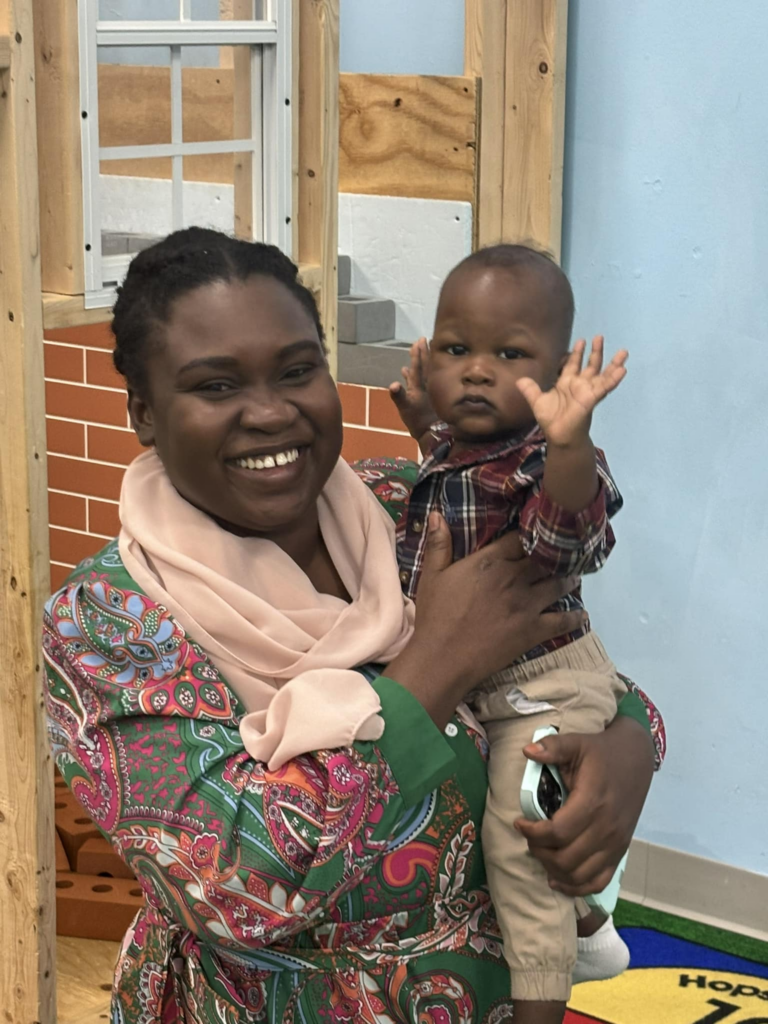Childhood is a time of incredible growth, learning, and discovery. Throughout these formative years, parents often wonder whether their child is meeting expected developmental milestones. These milestones are guidelines for typical progress in areas such as language, motor skills, social interaction, and cognition. In this article, we will explore what developmental milestones are, what you can expect to see as your child grows, how to recognize signs of developmental delays, and when early intervention may be beneficial.
What Are Developmental Milestones?
Developmental milestones are age-specific behavioral or physical checkpoints used to gauge a child’s growth and progress. They serve as broad markers that help track whether a child is acquiring essential skills in line with their peers. While every child develops at a unique pace, these milestones are typically aligned with age ranges. Pediatricians, educators, and parents refer to them as a framework for understanding whether a child is reaching certain benchmarks.
Some common developmental categories include:
- Gross and fine motor skills: Rolling over, sitting unassisted, crawling, walking, holding objects, and drawing
- Language and communication skills: Babbling, saying first words, developing vocabulary, and forming sentences
- Social and emotional skills: Smiling in response to interactions, taking turns with peers, and showing empathy
- Cognitive skills: Recognizing familiar objects, problem-solving, following simple instructions, and expanding curiosity about the world
What to Expect as Your Child Ages
Because each child follows their own unique developmental journey, the following milestones serve as general guidelines rather than strict rules.
Birth to 12 Months:
- Demonstrates reflexive movements, such as grasping your finger
- Begins to babble, coo, and respond to familiar voices
- Shows curiosity by turning toward sounds and observing surroundings
- Develops control over the head and neck, gradually progressing to rolling over and sitting independently
1 to 2 Years:
- Learns to walk, possibly with a wobbly or unsteady gait at first
- Speaks in simple words or short phrases (“mama,” “dada,” or “more”)
- Shows increasing independence, such as wanting to feed themselves
- Engages in parallel play, where children play alongside rather than directly with each other
3 to 5 Years:
- Communicates in more complete sentences or phrases and expands vocabulary
- Improves fine motor skills (e.g., using scissors, drawing shapes)
- Demonstrates imaginative play, often imitating familiar routines or characters
- Learns social concepts such as sharing, taking turns, and following simple rules
6 to 12 Years (School Age):
- Refines gross motor skills, becoming adept at running, jumping, and climbing
- Handles more complex language tasks, such as reading and writing
- Develops deeper friendships and navigates more intricate social situations
- Shows enhanced cognitive abilities, including problem-solving and logical reasoning
It is important to remember that these milestones serve as broad markers. Some children may reach these benchmarks a bit earlier or later than their peers. However, if a child shows consistent or significant delays, an evaluation could be beneficial.
What Is Early Intervention?
Early intervention is a system of supports and services provided to infants and toddlers (typically from birth to age 3) who display signs of developmental delays or specific health conditions. These services can include:
- Speech therapy: Helping improve communication and language skills
- Physical therapy: Guiding children to strengthen motor skills and coordination
- Occupational therapy: Focusing on fine motor abilities, sensory integration, and self-care tasks
- Developmental instruction: Offering educational strategies that foster cognitive growth and social skills
Early intervention is especially effective in the first few years of life, a period of rapid brain development. Addressing any concerns during this critical window can prevent more significant challenges later on and support children in reaching their fullest potential.
Signs Your Child May Need Early Intervention
Below are some indicators that could suggest the need for a professional evaluation:
- Not meeting age-appropriate milestones: If your child is noticeably behind in areas such as speech, crawling, or other skills outlined in developmental charts, it may be time to consult a professional.
- Regression of skills: If your child once mastered a skill, such as saying a few words, and then gradually stopped, this could be a red flag.
- Ongoing social or emotional difficulties: Children who consistently struggle to engage with others, show extreme mood swings, or have trouble adapting to routine changes might benefit from an evaluation.
- Persistent feeding or mobility issues: Chronic difficulties with chewing, swallowing, walking, or coordination can signal an underlying challenge that requires specialized support.
- Parental instinct: As a parent, you know your child best. If something seems off about your child’s behavior or progress, trusting your intuition can lead you to explore early intervention services.
Seek Support With BARC Developmental Services
If you suspect your child may have a developmental delay, don’t wait. Taking proactive steps now can foster a brighter future for your child. Early intervention can make a significant difference in helping them catch up to their peers, gain confidence, and develop the skills they need to thrive in everyday life.
BARC Developmental Services offers comprehensive early intervention support tailored to your child’s specific needs. Our team of dedicated professionals provides essential therapies, resources, and guidance for families seeking to nurture their child’s potential. With decades of experience in supporting children’s developmental growth, BARC Developmental Services stands ready to help your child move forward confidently. Contact our Early Intervention Department today for more information and next steps.
Located in Bucks County, Pennsylvania, BARC Developmental Services assists and supports individuals with intellectual disabilities and autism. We equip them to reach their fullest potential, lead happy lives, and contribute to their community. With early intervention services, residential programs, and vocational initiatives, we serve hundreds of individuals and aim to help many more. Donate today to make impactful change in the lives of individuals with intellectual disabilities and autism!

